10 times Imperial made us smile in 2020

This year has been far from typical, but Imperial College London has created some rainbows amongst the clouds.
From uncovering Leonardo’s abandoned angels to celebrating a 108th birthday, we look back at ten times Imperial made us smile in 2020.
A College win
In April, an Imperial team was crowned this year’s champion on University Challenge, making it Imperial’s third win since 1996.
 Led by team captain Caleb Rich, Brandon Blackwell, Richard Brooks and Conor McMeel beat Corpus Christi, Cambridge in the 2020 final by 275 points to 105. A very proud moment to be a part of the College.
Led by team captain Caleb Rich, Brandon Blackwell, Richard Brooks and Conor McMeel beat Corpus Christi, Cambridge in the 2020 final by 275 points to 105. A very proud moment to be a part of the College.
Caleb praised his team after winning the coveted prize. He said: “Our win has been the culmination of many months of practice and hard work, and I am so pleased to have played with an amazing team of quizzers.”
Fast and furryous
Imperial’s researchers built a new sensor to track the health of pets and people through fur and clothing. Made out of a silicone-water composite material, this sensor houses a microphone that picks up sound waves. It is flexible and stretchy so that it moulds to the shape of the fur, without any air bubbles forming.
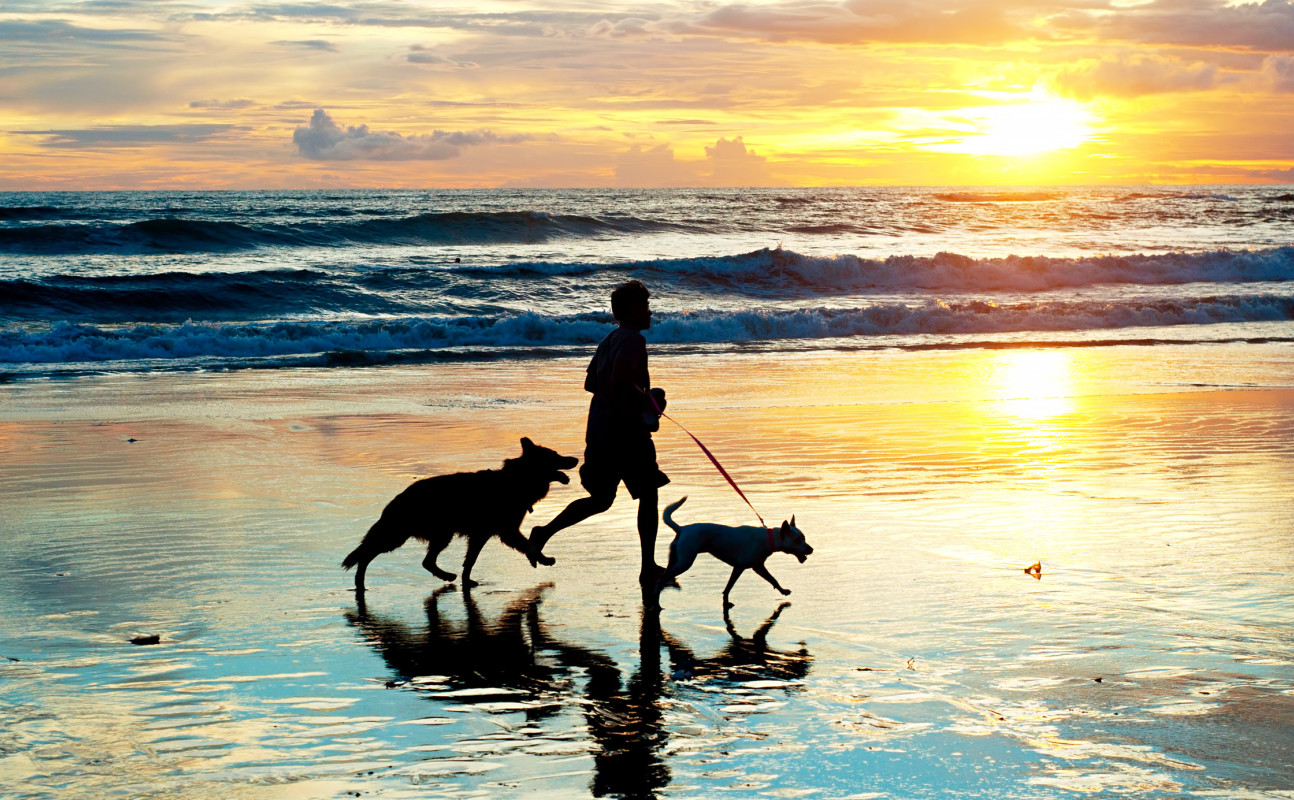 This sensor can detect vital signs like heart and breathing rates through fur and up to four layers of clothing. It could help owners monitor their pets’ health in surgery without the need for shaving, and even improve the work of sniffer dogs used to detect missing persons.
This sensor can detect vital signs like heart and breathing rates through fur and up to four layers of clothing. It could help owners monitor their pets’ health in surgery without the need for shaving, and even improve the work of sniffer dogs used to detect missing persons.
Lead researcher Dr Firat Güder said: "Our stretchy, flexible invention heralds a whole new type of sensor that can track the health of animals and humans alike over fur or clothing."
108th birthday celebration
This year we celebrated the 108th birthday of one of Imperial’s oldest alumni, Dr Bill Frankland. Dr Frankland was a pioneer in the field of allergy during his 70-year-long career in medicine at St Mary’s hospital. During his career he worked on popularising the pollen count, helping patients 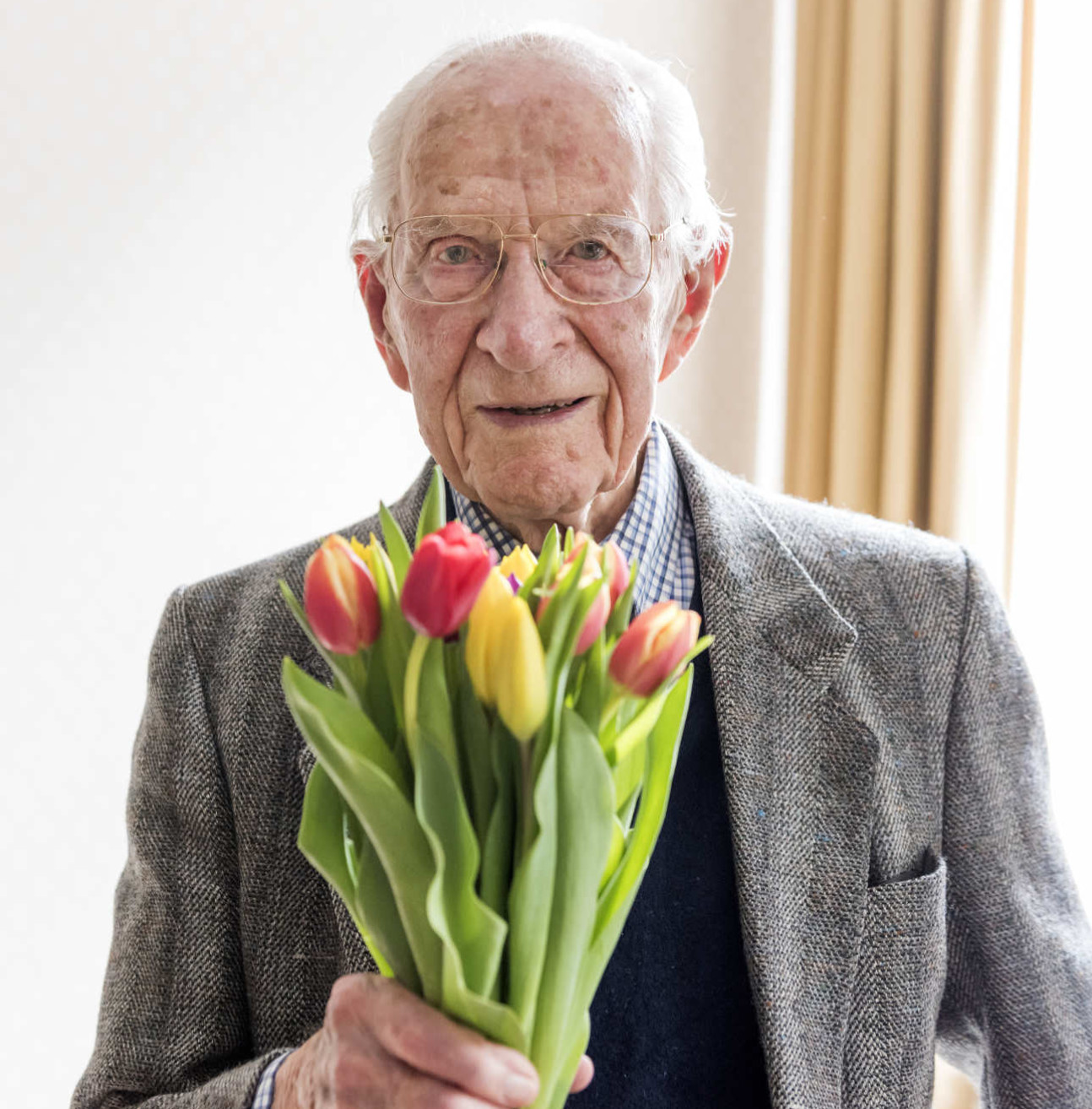 understand seasonal allergies, and even worked with Sir Alexander Fleming who discovered the first ever antibiotic in 1928.
understand seasonal allergies, and even worked with Sir Alexander Fleming who discovered the first ever antibiotic in 1928.
Celebrating his birthday in a more low-key way this year, Dr Frankland spent the day with his two of his children at his London care home and received a card from the Queen.
He thanked the staff at the care home for doing such a fantastic job in keeping the residents safe this year, and said: "It’s great to see scientists such as those at Imperial, working so quickly to help tackle the pandemic."
Finding forgotten figures
Imperial researchers in collaboration with the National Gallery created a new algorithm which, when combined with macro X-ray fluorescence 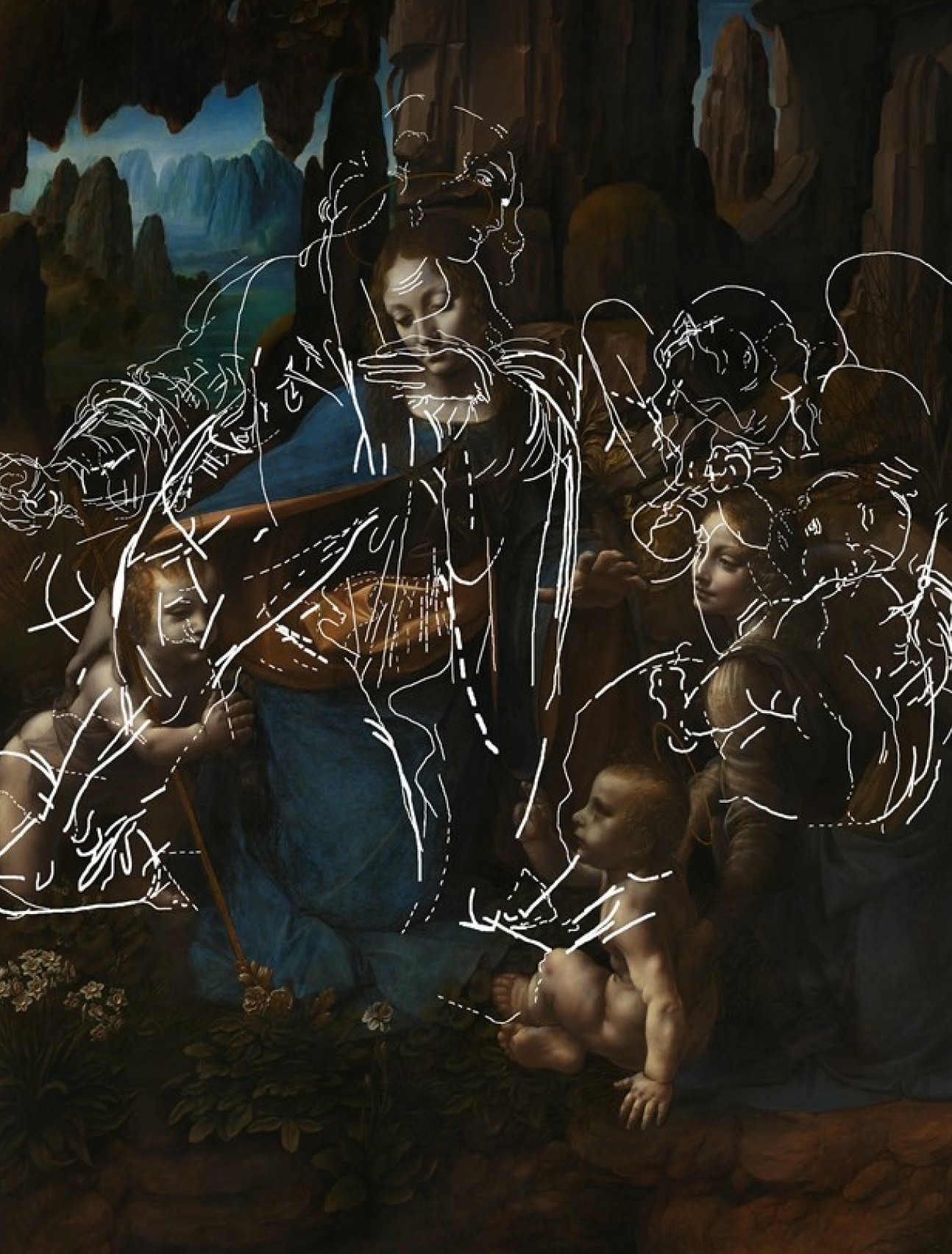 scanning, uncovered hidden drawings beneath Leonardo da Vinci’s Virgin of the Rocks.
scanning, uncovered hidden drawings beneath Leonardo da Vinci’s Virgin of the Rocks.
These drawings revealed the figures, which include a winged angel and an infant Christ, that Leonardo first drew before opting instead for the ones in the painting that we see today.
Their new technique maps chemical elements within paintings, by focusing on the zinc composition within each pixel. The algorithm helps sift through the data and gives more confidence in the forgotten images that are producing the signals.
Lead researcher Professor Pier Luigi Dragotti said: "It was like looking for a needle in a haystack, but such a great feeling to see the wings and head finally uncovered."
Sunny insights
Solar Orbiter, a joint European Space Agency (ESA) and NASA mission with an Imperial built instrument onboard, took the closest images of the Sun ever taken. The images revealed ‘campfires’ which may hold the key to heating the Sun’s outer atmosphere.
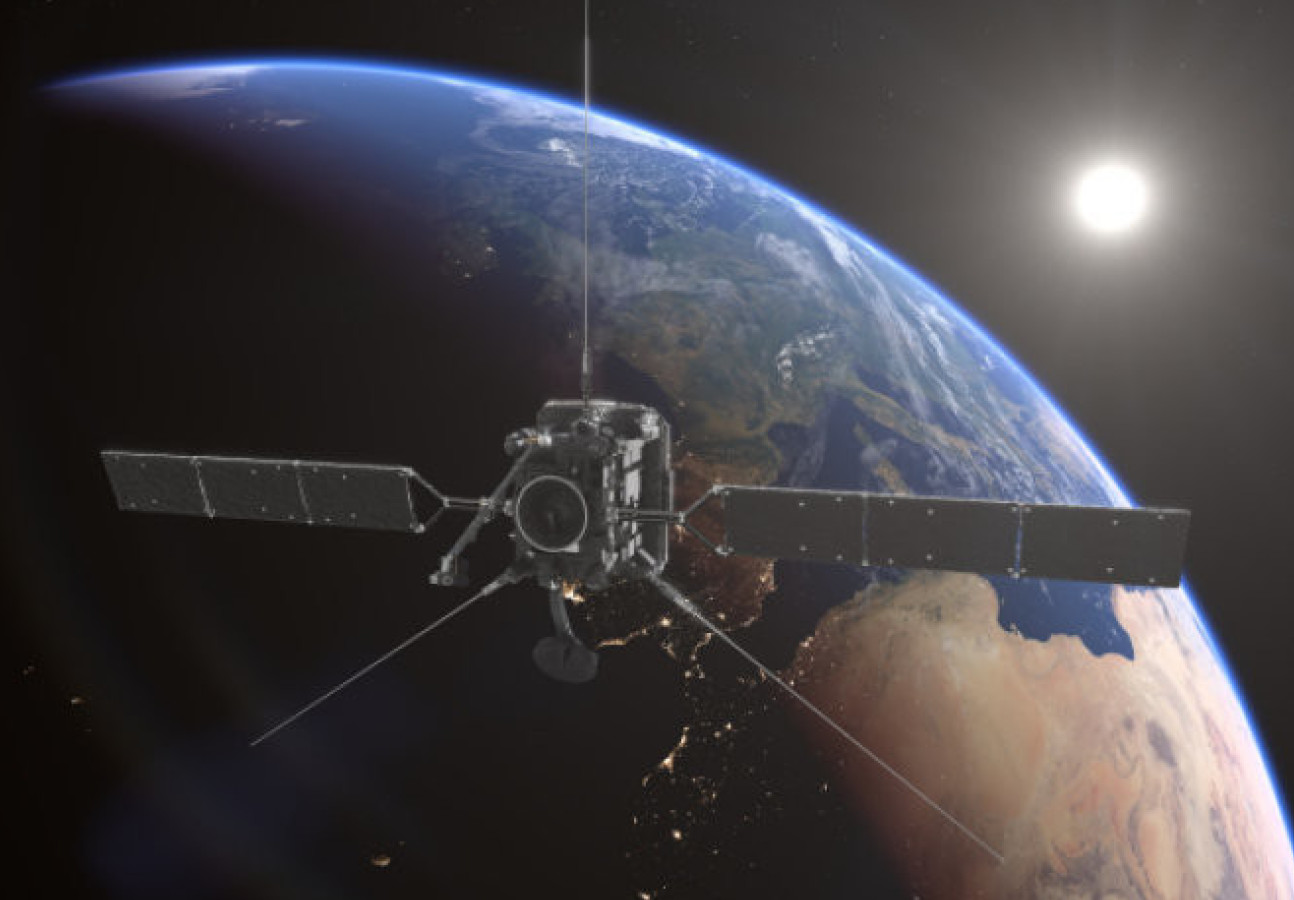 Taken 77 million kilometres from the star, the images provide insights into the Sun’s behaviour, including how these mini flares may evolve into larger flares that can move through space and are known to affect electronics and communications networks on Earth.
Taken 77 million kilometres from the star, the images provide insights into the Sun’s behaviour, including how these mini flares may evolve into larger flares that can move through space and are known to affect electronics and communications networks on Earth.
Lead researcher for the Imperial instrument, Professor Tim Horbury, said: "Teams from around the world are now working on all this data, which will no doubt reveal new insights into the Sun’s behaviour."
Green revolution
Imperial is to establish a world-leading centre for climate change innovation. This centre will bring together financiers, entrepreneurs, policymakers, NGOs and other parts of civil society to nurture talent and drive innovation and growth in clean technology.

The Centre for Climate Change Innovation will support innovation across several key themes which include clean air, sustainable food, green buildings. This will help London and the United Kingdom capitalise on the opportunities in creating a resilient, zero- carbon society.
Small but super food
A naturally occurring gene variant found in wrinkled peas could help reduce the risk of type 2 diabetes in the population. The wrinkled ‘super pea’ contains a larger quantity of ‘resistant starch’ than other peas. This type of starch takes the body longer to break down, meaning that a ‘sugar spike’ is prevented.
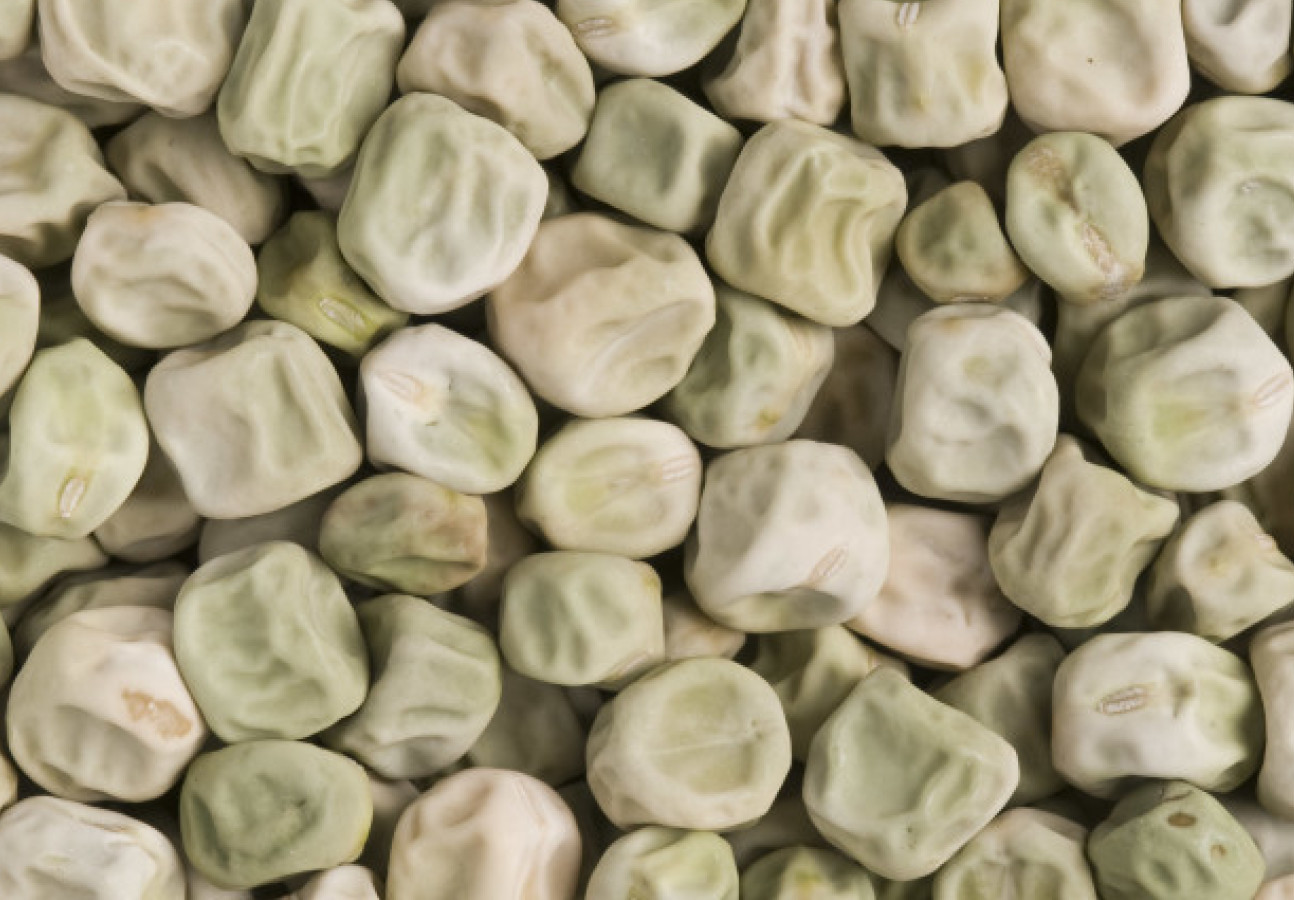 This ‘super pea’ is has also shown to help gut bacteria, which in turn will help boost insulin function and help control blood sugar levels. It is thought that this pea could replace those found in the supermarket, and also be incorporated into flour and other processed foods to increase uptake.
This ‘super pea’ is has also shown to help gut bacteria, which in turn will help boost insulin function and help control blood sugar levels. It is thought that this pea could replace those found in the supermarket, and also be incorporated into flour and other processed foods to increase uptake.
Lead author Dr Katerina Petropoulou said: "There is much evidence that diets rich in a type of carbohydrate called resistant starch have a positive impact on controlling blood glucose levels, and hence reduce susceptibility to type 2 diabetes."
Hints of life on Venus
An international team of astronomers has discovered phosphine in the clouds of Venus. This molecule, which is made up of hydrogen and phosphorus, could indicate the presence of extra-terrestrial ‘ariel’ life on the planet.
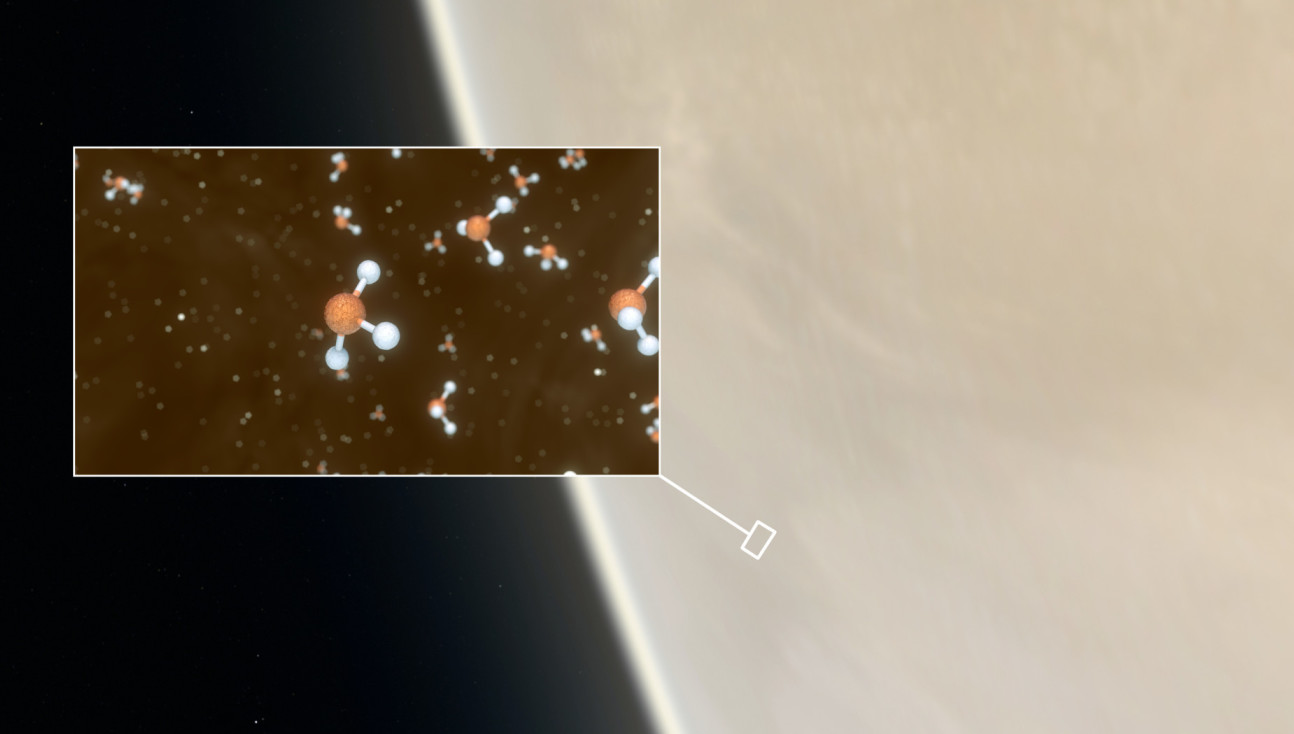 The cause of phosphine in the clouds is unknown, and if it does point to life, then the life would be very different to that on earth - surviving in temperatures of 50 degrees centigrade and high acidity.
The cause of phosphine in the clouds is unknown, and if it does point to life, then the life would be very different to that on earth - surviving in temperatures of 50 degrees centigrade and high acidity.
Co-author Dr Dave Clements said: "We expected that the signal would go away as we processed the data, but it didn’t...The phosphine is there. How it got there is another question."
Earthquake clues
Precariously balanced rocks (PBRs) have been found to help forecast earthquakes. Using 3D modelling techniques researchers have digitally recreated the strange rock formations to determine how much earthquake ground shaking they could resist before toppling. They also used a dating 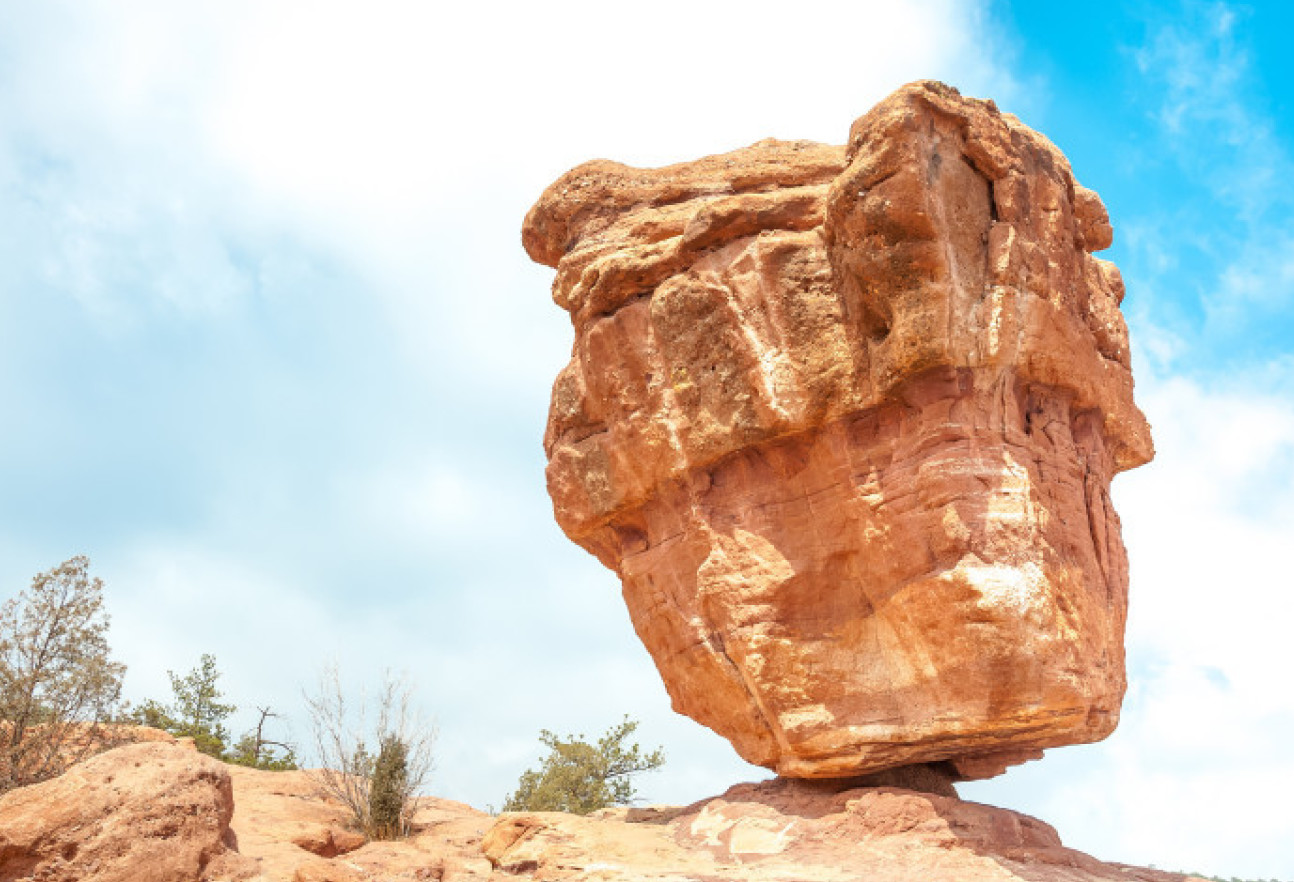 technique to determine how long the rocks have existed in their current formation.
technique to determine how long the rocks have existed in their current formation.
This new technique could increase certainty in earthquake predictions and help to test in earthquake-prone areas which are more difficult to investigate.
Lead author Anna Rood said: "PBRs act like inverse seismometers by capturing regional seismic history that we weren’t around to see, and tell us the upper limit of past earthquake shakes simply by not toppling."
Money- saving wind turbines
Not only is offshore wind power good for the environment, but Imperial research found that it is now good for your back pocket too. Investment into green energy means that it will soon be the cheapest form of energy in the UK.
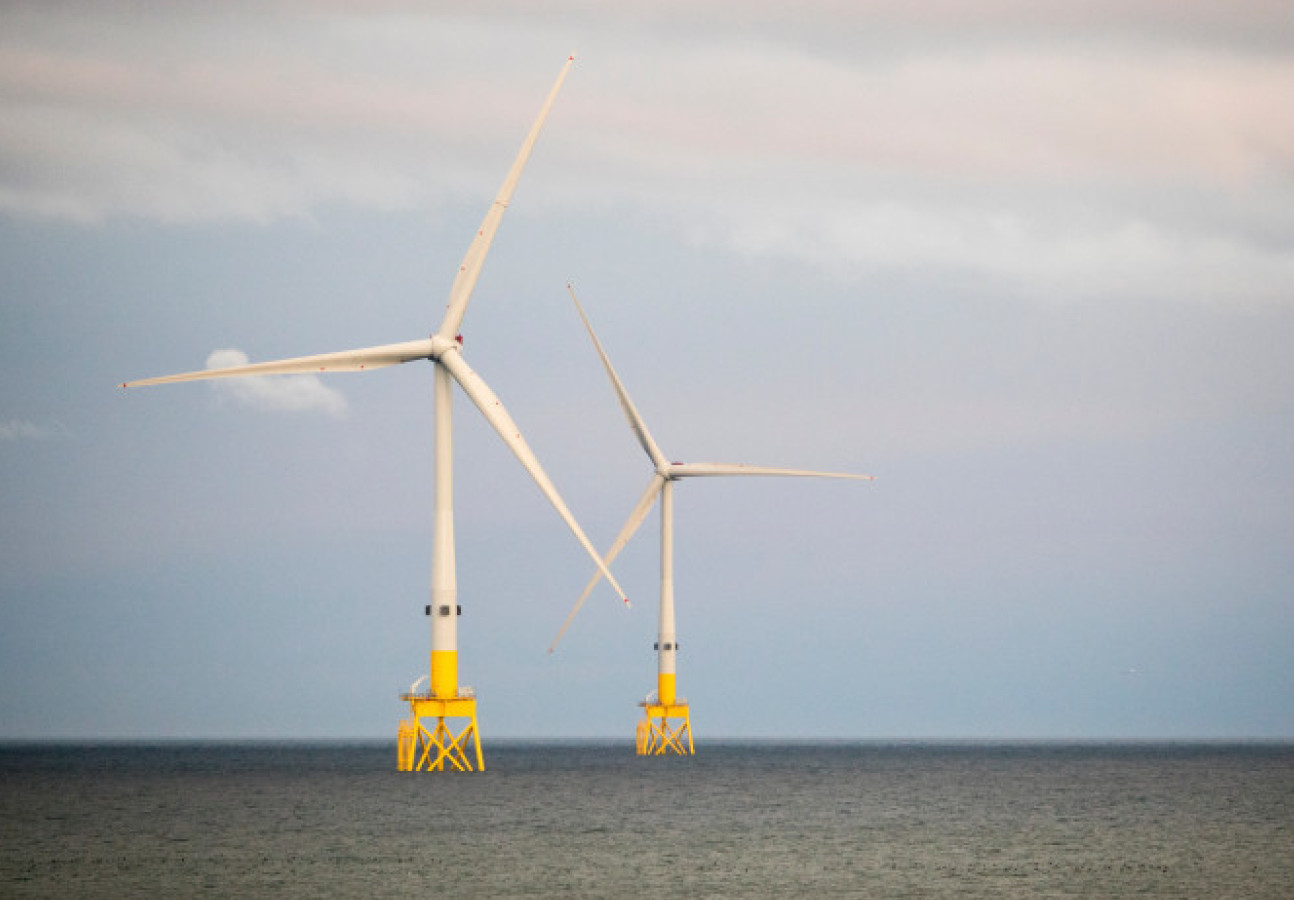 Thanks to technological developments larger wind turbines can now be built further out at sea, these larger turbines can harness a greater amount of more consistently available wind energy. This is great news for the environment, and further incentivises the transition to green energy.
Thanks to technological developments larger wind turbines can now be built further out at sea, these larger turbines can harness a greater amount of more consistently available wind energy. This is great news for the environment, and further incentivises the transition to green energy.
Lead author Dr Malte Jansen said: "Offshore wind power will soon be so cheap to produce that it will undercut fossil-fuelled power stations and may be the cheapest form of energy for the UK."

Want to be kept up to date on news at Imperial?
Sign up for our free quick-read daily e-newsletter, Imperial Today.?
Article text (excluding photos or graphics) © Imperial College London.
Photos and graphics subject to third party copyright used with permission or © Imperial College London.
Reporter
Press Office
Communications and Public Affairs
- Email: press.office@imperial.ac.uk
